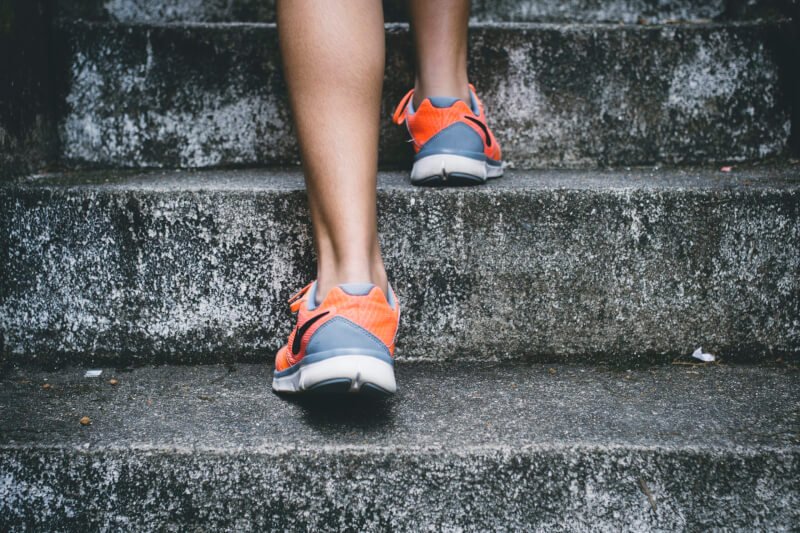Maintaining optimal health for your feathered friends is crucial to ensure their well-being and longevity. In this article, we will explore the key factors that play a vital role in promoting avian health. From providing a balanced diet to creating a clean and stimulating environment, these simple yet essential tips will help you keep your birds happy and healthy. So, let’s dive into the world of avian care and discover the secrets to maintaining optimal health for your avian companions.
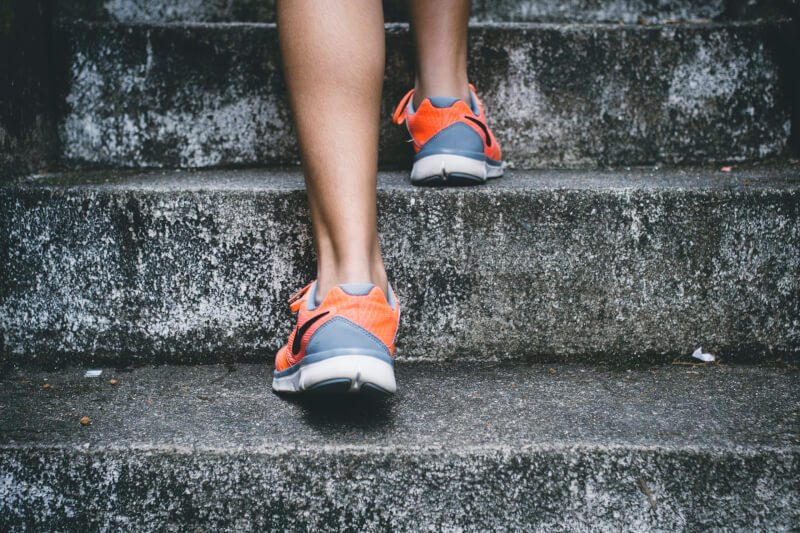
Nutrition
Proper Diet
Maintaining a proper diet is essential for ensuring the optimal health of your avian companion. A well-balanced diet should consist of a variety of nutrients that meet the specific dietary needs of your bird. It is crucial to provide a combination of fresh fruits, vegetables, seeds, and pellets to ensure a complete and balanced diet. Incorporating a diverse range of foods will not only provide essential nutrients but also promote healthy digestion and prevent boredom.
Balanced Nutrients
When it comes to avian nutrition, achieving a balance of essential nutrients is key. Birds require a variety of macronutrients, including carbohydrates, proteins, and fats. Carbohydrates provide energy, while proteins contribute to muscle and tissue development. Fats are essential for proper organ function and the absorption of vitamins. Additionally, avian diets should also include a range of micronutrients, such as vitamins and minerals, which play crucial roles in maintaining optimal health.
Supplements
Supplements can play a beneficial role in your bird’s diet. However, it is important to seek guidance from a veterinarian to ensure the appropriate use of supplements. Some avian species may require additional calcium or vitamin D3 supplements to support bone health, while others may benefit from omega-3 fatty acid supplements for their feather condition. It is essential to avoid excessive supplementation, as it can lead to imbalances and health issues.
Water Quality
Water quality is often overlooked but plays a vital role in avian health. Clean, fresh water should always be readily available to your bird. Ensure that the water is changed daily to prevent bacterial growth. Using filtered or bottled water can help minimize the presence of potentially harmful contaminants such as chlorine and heavy metals. Additionally, regularly clean and disinfect your bird’s water containers to maintain optimal hygiene.
Housing
Adequate Space
Providing your avian companion with a spacious and appropriately sized living environment is crucial for their wellbeing. Birds should have enough space to stretch their wings, fly short distances, and engage in natural behaviors. The specific space requirements vary depending on the species, so it is important to research and understand your bird’s specific needs. Consider the dimensions of the cage or aviary, ensuring it provides ample room for perches, toys, and food dishes.
Temperature Control
Maintaining suitable temperatures in your bird’s housing is essential for their comfort and health. Avian species have varying temperature preferences, so it is crucial to provide an environment that matches their natural habitat. Monitor the temperature regularly using a thermometer and adjust heating or cooling systems accordingly. Avoid exposing your bird to extreme temperature fluctuations, as it can lead to stress and health problems.
Ventilation
Good air quality is vital for your bird’s respiratory health. Ensure that their living space has proper ventilation to prevent the buildup of stagnant air and the accumulation of harmful gases. Avoid placing the cage near drafts or in areas prone to temperature extremes. Regularly clean air filters and vents to maintain optimal air circulation and minimize the risk of respiratory issues.
Cleanliness
A clean living environment is essential for the overall health and wellbeing of your avian companion. Regularly clean and sanitize their cage or aviary to prevent the accumulation of droppings, feathers, and food debris. Use bird-safe cleaning products and disinfectants recommended by your veterinarian. Remove and replace soiled bedding or liners promptly. Maintaining cleanliness will help prevent the growth of bacteria and the spread of disease.
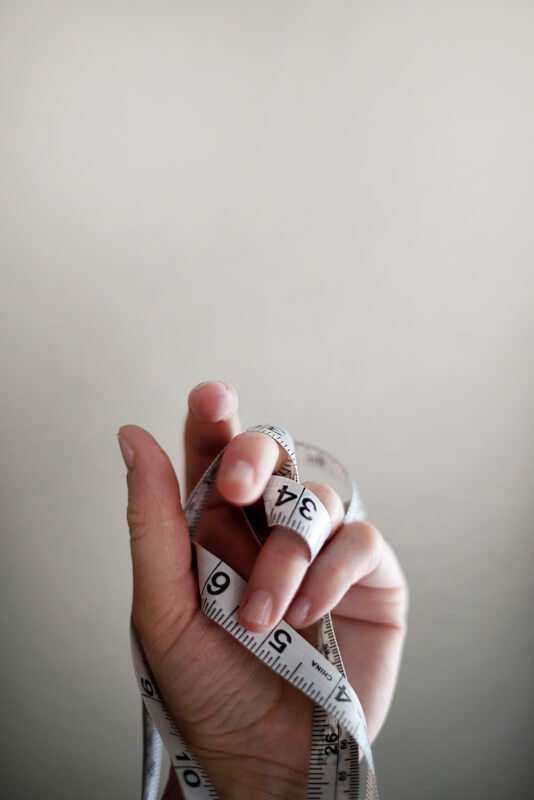
Biosecurity
Quarantine
Implementing a quarantine period is crucial when introducing a new bird to your existing flock or acquiring a bird from a different source. Quarantine helps prevent the spread of potential diseases and allows for thorough health assessments. Keep the newly acquired bird separate from your existing birds for a minimum of 30 days, and monitor their behavior and overall health during this time. Consult with a veterinarian to establish an appropriate quarantine protocol.
Sanitation
Maintaining a high level of hygiene within your avian facilities is vital for preventing the transmission of diseases. Regularly clean and disinfect all equipment, toys, perches, and surfaces that come into contact with your birds. Use appropriate disinfectants recommended by your veterinarian, as some products may be toxic to birds. Additionally, establish a cleaning schedule and follow it diligently to ensure optimal biosecurity.
Pest Control
Implementing effective pest control measures is essential to prevent infestations and the transmission of diseases. Regularly inspect your bird’s environment for signs of pests, such as mites, fleas, or ticks. Use bird-safe pest control methods recommended by your veterinarian to ensure the wellbeing of your avian companion. Additionally, ensure that the area surrounding your bird’s housing is free from pests, as they can pose a threat to their health.
Visitor Control
Controlling visitor access to your avian facilities is crucial for preventing the introduction of potential diseases. Limit the number of people who come into contact with your birds and establish strict hygiene protocols for visitors. Require individuals to thoroughly wash their hands and sanitize their shoes before entering the bird’s living area. Educate visitors about the importance of following biosecurity measures to ensure the health and safety of your avian companions.
Vaccination
Vaccine Selection
Consult with a veterinarian to determine the appropriate vaccines for your avian companion. Vaccine selection is species-specific and depends on the prevalence of specific diseases in your area. Vaccines can help prevent the contraction and spread of infectious diseases, thus ensuring the long-term health and wellbeing of your bird.
Proper Timing
Administering vaccines at the proper time is crucial for their effectiveness. The timing of vaccinations depends on the specific vaccine and the age of your bird. Work closely with your veterinarian to establish a vaccination schedule that aligns with your bird’s needs. Adhering to the recommended timeline will provide maximum protection against potential diseases.
Vaccination Techniques
Proper vaccination techniques are essential to ensure the safety and efficacy of vaccines. Vaccinations can be administered orally, through individual injections, or via drinking water. Consult with a veterinarian to determine the most appropriate vaccination technique for your avian companion. Additionally, ensure that vaccines are stored and handled according to the manufacturer’s instructions to maintain their effectiveness.
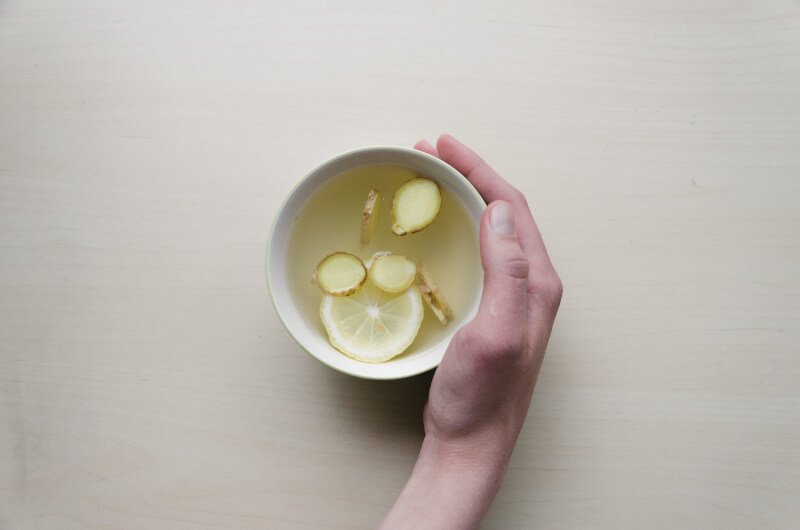
Parasite Control
Regular Monitoring
Regular monitoring for parasites is essential to maintain optimal avian health. External parasites, such as mites and lice, can cause discomfort and lead to other health issues. Check your bird’s feathers, skin, and vent area for any signs of infestation. Additionally, monitor their droppings for signs of internal parasites, such as worms. Prompt identification and treatment of parasites will help prevent the spread and minimize the impact on your bird’s health.
Treatment Options
Consult with a veterinarian to determine the most appropriate treatment options for parasites. Treatment may involve the use of topical medications, oral medications, or environmental treatments to eradicate parasites effectively. It is important to follow the recommended dosage and treatment duration to ensure the complete elimination of parasites and minimize the risk of reinfestation.
Prevention Measures
Implementing prevention measures is key to reducing the risk of parasite infestation. Regularly clean and disinfect your bird’s living area to minimize the presence of parasites. Provide your bird with a clean and dry environment that discourages parasite development. Additionally, establish a regular deworming schedule as recommended by your veterinarian to further prevent internal parasite infestation.
Behavioral Enrichment
Environmental Stimulation
Providing environmental stimulation is essential for the mental and behavioral wellbeing of your avian companion. Offer a variety of toys, puzzles, and foraging opportunities to keep your bird engaged and mentally stimulated. Rotate toys regularly to prevent boredom and introduce new challenges. Additionally, provide perches of various sizes and textures to encourage natural behaviors and exercise.
Social Interaction
Avian species are highly social and thrive on social interaction. Regular socialization with their human caregivers and interaction with other birds, when appropriate, is crucial for their emotional wellbeing. Spend quality time with your bird, engage in interactive play, and provide opportunities for socialization with other birds, if compatible. Positive social interactions will help prevent behavioral issues and promote a happy and healthy bird.
Toys and Perches
Toys and perches are essential for providing physical and mental stimulation. Offer a variety of toys that cater to your bird’s species-specific preferences and behaviors. Toys that encourage foraging, chewing, and climbing can help prevent boredom and provide mental stimulation. Additionally, provide perches of various sizes and textures to promote foot health and exercise. Regularly inspect toys and perches for wear and tear, replacing them as needed to ensure safety.
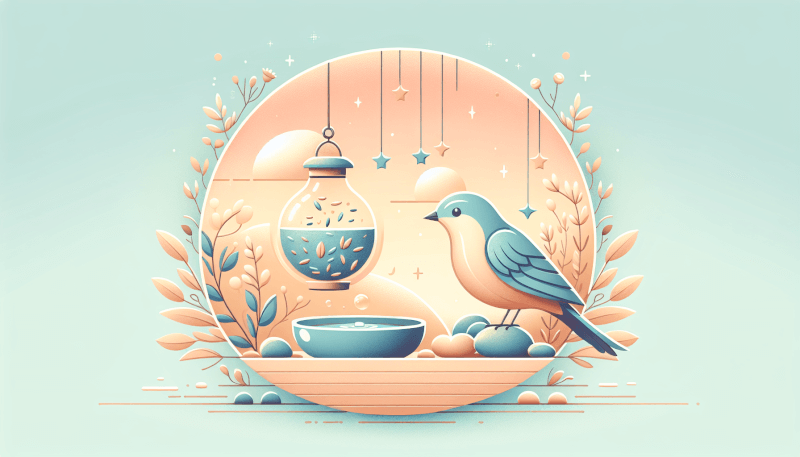
Biosecurity Measures
Restricted Access to Poultry Facilities
Limiting access to your avian facilities is a crucial biosecurity measure. Only allow authorized personnel to enter the facilities, and establish strict protocols for hygiene and cleanliness. This includes changing clothes, disinfecting footwear, and washing hands before entering the bird’s living area. By restricting access, you minimize the risk of introducing potential diseases and ensure the overall health of your avian companions.
Cleaning and Disinfection Procedures
Implementing proper cleaning and disinfection procedures is key to maintaining optimal biosecurity. Regularly clean and disinfect all equipment, surfaces, and materials that come into contact with your birds. Use veterinarian-approved disinfectants to effectively eliminate bacteria, viruses, and other pathogens. Additionally, establish a cleaning schedule and follow it diligently to maintain consistent biosecurity practices.
Implementation of Pest Control Measures
Proper pest control measures are essential to prevent disease transmission and maintain the wellbeing of your avian companion. Regularly inspect your bird’s environment for signs of pests and implement appropriate pest control methods recommended by your veterinarian. This may involve the use of bird-safe insecticides, pest-proofing measures, or the assistance of professional exterminators. Effective pest control measures will help create a safe and healthy living environment for your bird.
Disease Surveillance
Regular Health Check-ups
Regular health check-ups are crucial for monitoring the overall health and detecting potential issues in your avian companion. Consult with a veterinarian to establish a routine check-up schedule based on your bird’s species, age, and specific needs. During health check-ups, veterinarians will assess your bird’s physical condition, monitor weight, conduct necessary tests, and address any concerns or symptoms. Early detection of diseases can lead to prompt treatment and improved outcomes.
Diagnostic Testing
Diagnostic testing plays a vital role in identifying and determining the appropriate treatment for diseases in avian species. Depending on the symptoms and suspected illness, various diagnostic tests may be recommended by your veterinarian. These can include blood tests, fecal examinations, bacterial or viral cultures, radiography, ultrasonography, or endoscopy. Diagnostic testing provides valuable insights into your bird’s health status and aids in developing effective treatment plans.
Monitoring Bird Behavior
Regularly monitoring your bird’s behavior can provide valuable information about their health and wellbeing. Changes in behavior, such as decreased activity, loss of appetite, excessive vocalization, or aggression, may indicate underlying health issues. Pay attention to changes in behavior patterns and consult with a veterinarian if you notice any significant changes or concerns. Monitoring bird behavior helps detect potential problems early on and allows for timely intervention.
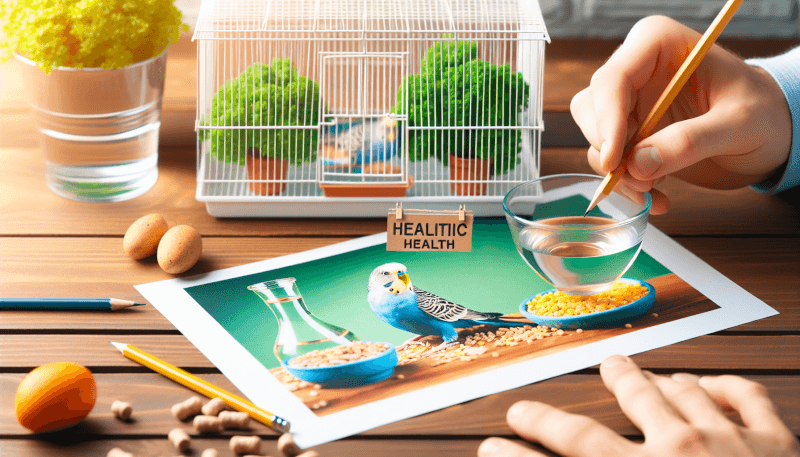
Stress Management
Routine Handling
Establishing a routine for handling your avian companion is crucial for reducing stress and building trust. Birds thrive on consistency and predictability, so maintaining a regular handling routine helps them feel secure and comfortable. Use positive reinforcement techniques during handling and avoid forceful or sudden movements that may cause fear or distress. A calm and gentle approach will help minimize stress and foster a positive bond between you and your bird.
Reducing Environmental Stressors
Reducing environmental stressors is essential for promoting the overall wellbeing of your avian companion. Some common stressors include loud noises, abrupt changes in lighting, excessively crowded living spaces, and exposure to predators or other animals. Create a calm and quiet living environment for your bird, away from potential stress triggers. Provide hiding spots and retreat areas where your bird can feel safe and secure when needed.
Providing Comfortable Resting Areas
Providing comfortable resting areas is crucial for ensuring your avian companion gets adequate rest and sleep. Birds require uninterrupted sleep to maintain optimal health and wellbeing. Create a designated sleeping area within their enclosure that is quiet, dimly lit, and isolated from disturbances. Provide a comfortable and appropriately sized sleeping perch or nest box, as birds may have specific preferences for resting positions. Prioritize their rest and sleep needs to minimize stress and support their overall health.
Veterinary Care
Regular Check-ups
Regular check-ups with a veterinarian specializing in avian care are essential for maintaining your bird’s optimal health. Establish a routine check-up schedule based on your bird’s species, age, and individual needs. During these check-ups, the veterinarian will thoroughly assess your bird’s physical condition, monitor any changes in health, administer necessary vaccinations, and offer guidance on proper care. Regular veterinary care ensures early detection and prompt treatment of any potential health issues.
Prompt Treatment of Illnesses
Prompt treatment of illnesses is crucial for minimizing the impact on your bird’s health and preventing the spread of diseases. Birds often mask signs of illness, so it is important to be vigilant and seek veterinary care at the first sign of abnormal behavior or symptoms. Follow your veterinarian’s advice and administer medication or treatment as prescribed. Timely intervention and appropriate treatment increase the chances of a full recovery and improve your bird’s overall quality of life.
Consultation on Avian Health
Engaging in regular consultations with a veterinarian specializing in avian health can provide valuable guidance on various aspects of your bird’s care. From nutritional recommendations to behavioral concerns, a veterinarian is an invaluable resource in ensuring the optimal health and wellbeing of your avian companion. Consult with your veterinarian on any questions or concerns you may have, as they are best equipped to provide professional advice tailored to your bird’s specific needs.

